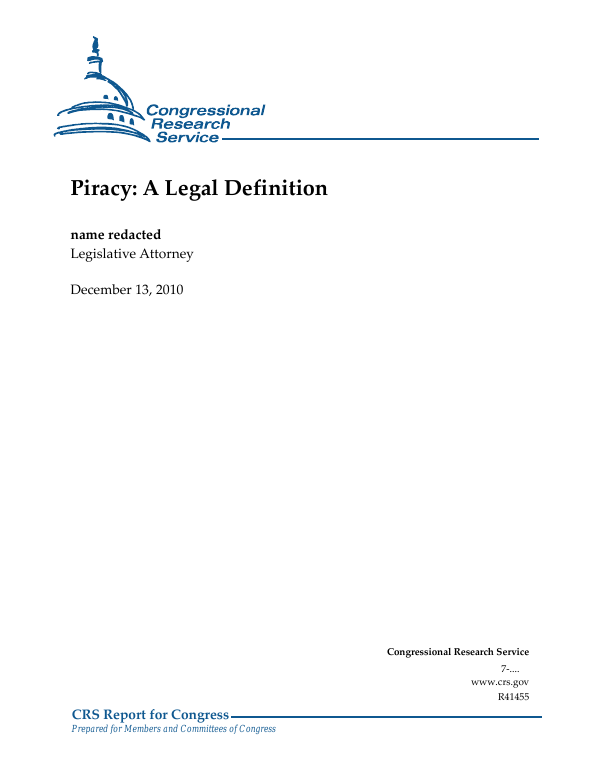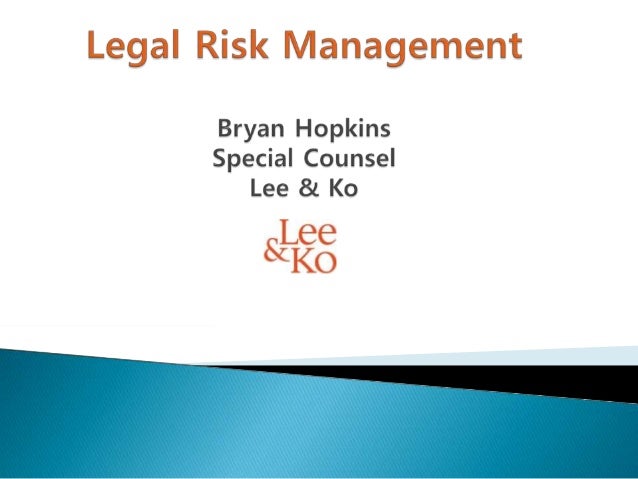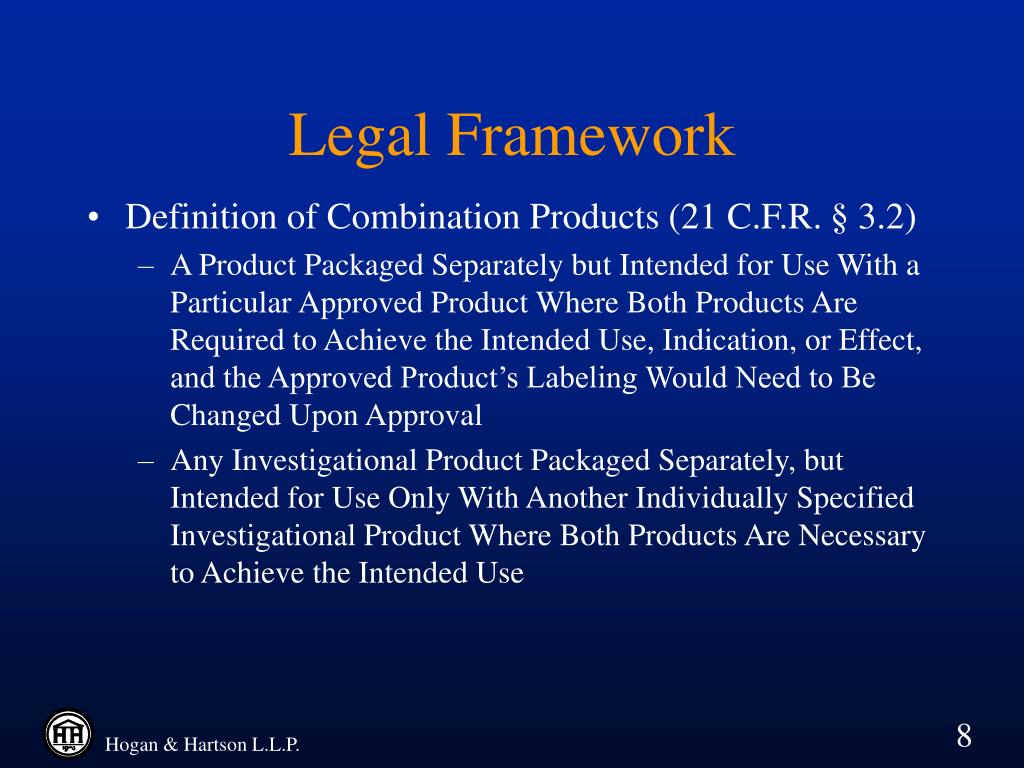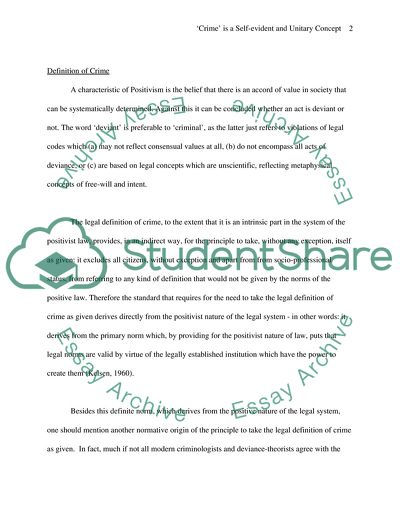Accordingly, the High Court cases on jurisdictional error are also cases on error of law. The common law rules relating to judicial review of administrative decisions are well established. They apply where administrative action is not authorised or where the decision-maker misunderstands the authorisation or exceeds it.
They require a fair hearing, both through an unbiased decision-maker and a fair process. They require the decision-maker to act on all materially significant matters and not to ignore significant matters. The action must involve a real exercise of discretion and the power must be exercised bona fide. Other, more detailed, descriptions of the requirements of the common law tend to be particulars of the more general powers. The other type of 'judicial review' does not involve the actions of the executive branch, but rather the actions of the legislative branch. 52 of theConstitution Act, 1982provides that "the Constitution of Canada is the supreme law of Canada".
24 of the same Act guarantees the right for individuals to challenge legislation which does not conform with the Constitution thereby giving Canadian courts the power to engage in 'judicial review' on the constitutionality of legislation. The purpose of this type of 'judicial review', also referred to as "constitutional review", is to ensure that legislation conforms to the Constitution of Canada. The Constitution regulates two different areas – the division of powers between the federal and provincial government, and the rights guaranteed to every Canadian against both levels of government.
Consequently, there are two ways in which an act of a legislature or of Parliament might be unconstitutional. First, when the act is enacted by a provincial government while the relevant subject matter of the act is under Federal jurisdiction . The rise of CCs began after WW II and gained momentum in recent processes of constitutional transition.
The rules for the selection of judges seek to reconcile democratic legitimacy and safeguards for independence. CCs' jurisdiction typically includes judicial review of legislation and adjudication of constitutional disputes. Despite the politicized appointment process institutional interest forces, CCs to prove their independence.
At developing a middle way between the two extreme positions of judicial review enthusiasts and sceptics in that we both reconstruct judicial review as a matter of degree, rather than in an either-or-fashion. Third, our theories concur in employing some notion of balancing in order to determine the conditions under which judicial review is legitimate. Fourth, we both accept the special case thesis in that we acknowledge that rights adjudication takes reference to moral insights while still being limited by an institutional framework. After explaining these two models with the help of an earlier debate between Alexy and Allan, I have demonstrated why I think Kyritsis adheres to the combination model, but sometimes also flirts with the separation model. I conclude by cherishing this opportunity to develop a precise picture of where we accord and where we disagree, inviting further fruitful discussion between us. After all, it is our mutual project to spell out the details of where our protection lies.
The continued existence of rights to judicial review at common law, alongside statutory rights of review, has inevitably tended to lead to decisions which equate the two. Moreover, the convenience of the statement of grounds in the AD Act has tended to influence the common law grounds. It is not impossible, however, that the rigid statutory statement of the grounds, coupled with their being read as restating the common law, has lead to some limitation in the development of grounds of review both at common law, and under s 5.
In fact, the idea that the courts have the power to strike down laws duly passed by the legislature is not much older than is the United States. In the civil law system, judges are seen as those who apply the law, with no power to create legal principles. In the common law system, on which American law is based, judges are seen as sources of law, capable of creating new legal principles, and also capable of rejecting legal principles that are no longer valid. However, as Britain has no Constitution, the principle that a court could strike down a law as being unconstitutional was not relevant in Britain. Moreover, even to this day, Britain has an attachment to the idea of legislative supremacy. Therefore, judges in the United Kingdom do not have the power to strike down legislation.
Judicial review plays an important role as a protector when the executive, judiciary and legislature harm the Constitutional values and deny the rights. The judicial assessment is considered as an indispensable feature in the country. In India, there is parliamentary form of democracy where every section of people is involved in decision making and policy making process.
It is true that the primary duty of the court to apply rule of law and is the groundwork of social equality. By exercising new powers of Parliament, rule of law which is to be applied by the court cannot be modified. They have to work within the democratic provisions of the Constitution of India.
The concept of separation of power and rule of law is judicial review. The influence of judicial assessment has been so long under Articles 226 and 227 in case of High Court and Articles 32 and 136 of the Constitution of India for the review. Is the institutional capacity of courts of law to determine the constitutional validity of actions taken by either coordinate or inferior branches of government.
Enabling government while at the same time protecting against the potential abuse of governmental power is an age-old, and continuing, dilemma of a constitutional democracies. In modern democracies, however, judicial review presents its own dilemma—how to rationalize limits on majority rule. Most modern legal systems allow the courts to review administrative "acts" . In most systems, this also includes review of secondary legislation . Some countries have implemented a system of administrative courts which are charged with resolving disputes between members of the public and the administration, regardless these courts are part of administration or judiciary . In other countries , judicial review is carried out by regular civil courts although it may be delegated to specialized panels within these courts .
It is quite common that before a request for judicial review of an administrative act is filed with a court, certain preliminary conditions must be fulfilled. In most countries, the courts apply special procedures in administrative cases. Administrative actions are those actions that are necessary to carry out the legislative functions and can be challenged on the grounds of unreasonableness, illegality, irrationality, ultra vires, proportionality, etc. The first type of 'judicial review' involves the actions of the executive branch of government. In the modern state it is impossible for the legislature to address every administrative decision , therefore, many statutes endow various governmental authorities with administrative powers. If the court finds in favour of the plaintiff, it can annul the administrative decision.
The result is that while the High Court may remain opposed to the correction of error in the merits of decisions it is a rare case of error of law that will go without a remedy. Indeed, error of law remains the primary ground for judicial review. Jurisdictional error is important because, as the basis for the issuing of the constitutional writs, its operation cannot be diminished by the legislature, again because of the separation of powers doctrine. So, in Plaintiff S157 v The Commonwealth, the Court held that an otherwise valid privative clause could not stand in the way of the Court's jurisdiction to issue constitutional writs. Although the limitations upon the issue of the constitutional writs continue to apply, two important factors have nevertheless permitted the reach of common law judicial review to expand.
It has now been relegated, at least, to secondary status in the United Kingdom because of this. The High Court has specifically avoided spelling out the content of jurisdictional error, although recognising the difficulty of distinguishing jurisdictional error from non-jurisdictional error. Broadly, jurisdictional error arises "if the decision-maker makes a decision outside the limits of the function and powers conferred on him or her, or does something which he or she lacks power to do". There is no right in judicial review to claim damages for losses caused by unlawful administrative actions.
It is only possible to receive damages in judicial review claims if there is another established cause of action, separate to the ground for judicial review, such as breach of statutory duty, misfeasance in public office or a private action in tort. Where a separate cause of action accrues, the claim for judicial review may include a claim for damages to avoid the need to bring parallel proceedings. The difference is that in the first case, the decision about the law's adequacy to the Russian Constitution only binds the parties to the lawsuit; in the second, the Court's decision must be followed by judges and government officials at all levels. Such "administrative review" assesses the allegedly questionable actions of administrators against standards of reasonableness and abuse of discretion.
At its core - judicial review is about holding to account those organisations who have been granted special powers and privileges to perform public services. Since the exercise of these powers often impacts people's everyday rights, it is especially important that public bodies and officials only use them when and where they have the legal authority to do so. Judicial review is a particularly important aspect of the constitutional settlement in the UK. It is a process, a court case, where a judge or judges decide whether a public body has behaved lawfully.
When exercising the power of judicial review the court is expected to act with judicial restraint. This means that they can only decide on the constitutionality of an issue. In most cases, the court respects the precedent, or past decisions, of lower courts. Justices on the court cannot use a case to inject their own political feelings on a particular issue. Judicial review gives them the power to only decide if a particular law or action by a government official was legal based upon the Constitution. In the context of competition, the approach initially followed by the Court of Justice was very careful as regards the scope and the intensity of its own review of the Commission's decisions, as shown in the leading case Consten and Grundig.
This jurisprudential line has been progressively replaced by a more intense scrutiny in competition cases . In the seminal ruling Engel, the Court of Human Rights stated that the criminal nature of the infringement is affirmed if the sanction is severe and has deterrence as function. This is the case of the sanction provided by competition law, as affirmed in another landmark decision, in the Menarini case. As a consequence, the judicial review of competition decisions should be extended to all the questions of facts and laws concerning the administrative decision. The second factor was the Charter of Fundamental Rights of the European Union which, after the Treaty of Lisbon , has the same legal value of the Treaties.
Competition decisions should comply with the Charter and, in particular, with the presumption of innocence, the right to fair proceedings and the right to effective judicial remedy. As a consequence of all these factors, the judicial review in competition matters has become high-intensive. Judicial review is the power of the courts to declare that acts of the other branches of government are unconstitutional, and thus unenforceable. For example if Congress were to pass a law banning newspapers from printing information about certain political matters, courts would have the authority to rule that this law violates the First Amendment, and is therefore unconstitutional. State courts also have the power to strike down their own state's laws based on the state or federal constitutions.
Judicial review is the power of courts to decide the validity of acts of the legislative and executive branches of government. If the courts decide that a legislative act is unconstitutional, it is nullified. The decisions of the executive and administrative agencies can also be overruled by the courts as not conforming to the law or the Constitution. But see SCALIA &GARNER, supra note 532, at 367 (describing as a "false notion" the idea "that a statute cannot oust courts of jurisdiction unless it does so expressly").
Secondly, the idea of separation of powers is another theory about how a democratic society's government should be organized. In contrast to legislative supremacy, the idea of separation of powers was first introduced by Montesquieu; it was later institutionalized in the United States by the Supreme Court ruling in Marbury v. Madison under the court of John Marshall. In the United States, judicial review is considered a key check on the powers of the other two branches of government by the judiciary. The types of organisation that can be subject to judicial review varies as the meaning of a 'public function' is interpreted flexibly.
The courts make a decision each time as to whether a decision that is being challenged should be granted permission for judicial review based on a range of factors. The court will first consider whether the decision or activity being challenged is 'public', by asking whether or not it serves or benefits the wider public. They will look at the source of the organisations' powers to determine whether they come from Parliament or not.
Amongst other factors, courts will also consider whether the party bringing the case could make an alternative claim other than judicial review. It may be necessary at this stage to ask for an urgent order from the court if it is likely that the public body could take further steps in the meantime that might prejudice the case. Draycott Browne have extensive experience of this process and can assist you with your application. In Canada, as well as in many other constitutional democracies, there are two types of 'judicial review' – judicial review on administrative acts, and judicial review on the constitutionality of legislation. Both types of 'judicial review' are based on the idea of the rule of law. This idea means that not only citizens, but also governments' officials, are subject to the law.
If these officials do something that the law does not allow them to do, the courts are allowed to nullify their actions. Logical gap between what a legislature does when it seeks to set proportionate limits to rights and what a court does when it reviews that legislation'.84 Aspects of the latter are generally irrelevant for the former. A second minor difference between Kyritsis' account and my own theory relates to the status of the separation of powers. Right at the beginning of his book, Kyritsis introduces the principle of separation of powers as the main device for solving the problem of the legitimacy of judicial review. He characterizes the separation of powers as 'an overarching principle of political morality', which guides the relation between courts and the legislature in their 'joint project' of protecting our rights.
41 The latter provides limitations to moral discourse by means of statutes, precedents, legal doctrine, etc. It is this second part of the special case thesis that is relevant here. If it is true that the argumentation of constitutional courts exercising judicial review is legal argumentation, then constitutional argumentation is subject to the special case thesis. This is so, in particular, with respect to the so-called external justification of balancing constitutional principles. 24 Many constitutions not only contain several fundamental rights qua material principles that compete with each other, but they also contain several competences qua formal principles that likewise compete with each other. Many constitutions strive at protecting the competence of the democratically elected legislature.
They also, however, aim at protecting fundamental rights by establishing a control-competence exercised by courts. In the exercise of judicial review, both competences compete since they cannot both be fully realized. They must, however, both be realized to the greatest extent possible, qua optimization requirements. The solution to the institutional problem of judicial review, therefore, lies in balancing the competing formal principles in order to determine which competence ought to gain preference in a given case. Though some of these decisions remain controversial, none of these decisions would have been possible without judicial review. In every case , the Court used its power of judicial review to declare that an act by a federal or state government was null and void because it contradicted a constitutional provision.
It is this power that truly makes the courts a co-equal branch of government with the executive and legislative branches and allows it to defend the rights of the people against potential intrusions by those other branches. Other countries have also gotten in on the concept of judicial review. A Romanian court recently ruled that a law granting immunity to lawmakers and banning certain types of speech against public officials was unconstitutional. Greek courts have ruled that certain wage cuts for public employees are unconstitutional.
The legal system of the European Union specifically gives the Court of Justice of the European Union the power of judicial review. The power of judicial review is also afforded to the courts of Canada, Japan, India and other countries. Clearly, the world trend is in favor of giving courts the power to review the acts of the other branches of government. In fact, it is one of the main characteristics of government in the United States.
On an almost daily basis, court decisions come down from around the country striking down state and federal rules as being unconstitutional. Some of the topics of these laws in recent times include same sex marriage bans, voter identification laws, gun restrictions, government surveillance programs and restrictions on abortion. A common application of these grounds is for judicial reviews to challenge the actions of public bodies as "illegal" under the Human Rights Act. The actions of the devolved administrations in Wales, Scotland and Northern Ireland may also be challenged by way of judicial review, by reference to their powers as set out in the devolution settlements.





























No comments:
Post a Comment
Note: Only a member of this blog may post a comment.